As I reflect on my happy eight months as interim executive director of Cantus, I was reminded of one of my favorite poems, "The Layers," by Stanley Kunitz.
You’d be surprised how often poems mirror organizational theory. But then, organizational theory and poetry are just different presentations of human action, patterns of behavior, and emotions.
Stanley Kunitz begins "The Layers” with,
“I have walked through many lives,
some of them my own,
and I am not who I was,
though some principal of being
abides, from which I struggle
not to stray.”
As an interim executive director, my goal is to come into an organization with the purpose of -- borrowing from the poet -- walking through a life that is not my own while not straying from the “principal of being;” in other words, to know that I my presence is temporary and to stay focused on the organization’s mission.
Interim work will be most successful if you spend a lot of time listening. I’ve always loved Michael Watkins' insight in his book The First 90 Days: Critical Success Strategies for New Leaders at All Levels,
“The most destructive thing a new leader can do is to arrive with the answers.”
When an organization needs an interim, it often means the departure of the previous executive director has been unanticipated. Leaders get amazing job offers, have health challenges, or just have had enough. Sometimes the organization is in crisis, other times not. But regardless, having a temporary outside leader gives board and staff the opportunity to openly reflect about the future needs of the organization. Ideally, an interim director listens. When she picks up patterns or needs, she provides stability and support for the team with the goal of building excitement for the eventual permanent leader.
The role of an interim requires a balance between forward movement and maintenance. The organization may suffer if the interim spends too much time bonding with external funders or partners, because those people and institutions will soon have to rebuild relationships again with the permanent director. This could lead to fatigue for those funders -- remember, the interim is walking through a life that is not his own.
Following are suggestions for a successful interim executive director experience:
Before bringing on an interim, create a contract with clear expectations. Often, this job is much bigger than the allotted time or budget. The interim is there to guide, solve acute problems, keep operations smooth and staff productive, and create the best possible landing for the incoming permanent director. If the interim is to lead the search process or be expected to raise special project funds, this expectation should be stipulated in the contract.
Within the first week of the interim’s tenure, be sure all parties know key funding deadlines. A missed major general operating request could endanger a lean organization. Then, clarify who will be responsible for solicitations and writing grant proposals.
Board and staff can use this transition period as an opportunity to take more ownership and initiative. An interim period can become a time of overall empowerment. And we all know that when people feel empowered and useful, they are also happier.
If the interim feels the need to meet with key funders, bring along the board chair and let him/her do most of the talking. The goal is to strengthen the long-term relationships with the organization, not with the temporary leader.
The interim is there to position the organization for a healthy future. Although it is useful to know what might have gone wrong in the past, too much time dissecting past leadership is not helpful. Focus on the positive future. To quote Kunitz again,
“Live in the layers,
not on the litter.”
The interim should take every opportunity to deal with troubling situations such as staff members with low morale, unsigned contracts, or an acute cash flow crisis. The more tactical problems an interim can solve, the smoother the transition will be for the permanent leader.
“Though I lack the art
to decipher it,
no doubt the next chapter
in my book of transformations
is already written.”
I’m thrilled with Cantus’ selection of a talented new executive director, Joseph Heitz. Joseph, like all new executive directors, will undoubtedly have a few sleepless nights and opportunities to show off his problem-solving skills. This is inevitable and foretold by Kunitz’ last line.
“I am not done with my changes.”


